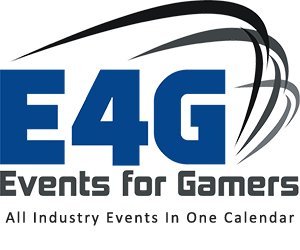Layoffs are happening around the world at major studios, indie developers are struggling to secure funding, and many of us in the industry are feeling the weight of burnout and uncertainty about what comes next (nevermind the financial markets with investors). The game industry has always been somewhat unpredictable with successful game ideas being an often serendipitous reality — but never before like it is now. It breaks my heart when I see talented and hard-working industry individuals being pushed to the edge.
There is hope in a sector of the industry we often don’t pay enough attention to. Let’s start first with an idea of where we stand in 2025, at least from my perspective.
State of the Game Industry in 2025
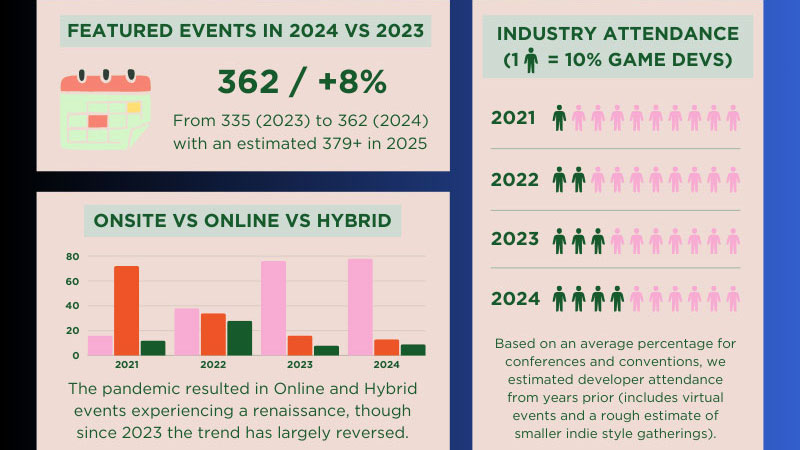
Success has been particularly elusive for smaller developers — those of us who aren’t part of the giant studios but who still pour our hearts and souls into making games. Many of us are facing burnout, especially with the culture of crunch still prevalent, and it’s a real challenge to stay motivated when you don’t know where the next paycheck or opportunity will come from. AAA studios have a tough time too but on a broader level than the individual. Developing AAA games is incredibly expensive, especially when considering the risk of developing for a new and unproven intellectual property.
Even though things are tough right now for many of us (and our 401ks), I can’t help but feel optimistic when I look at both indie developers and nonprofit organizations making such a big difference behind the scenes. While I just described indie developers as having a tough time too, investments are expected in the coming years to pour more into smaller studio efforts. Unique small-scale games may become even more prominent than they are today. As for nonprofits, they have been critical in helping people across the industry stay afloat though career support and other services in ways that aren’t always obvious.
The Role of Nonprofits in the Game Industry
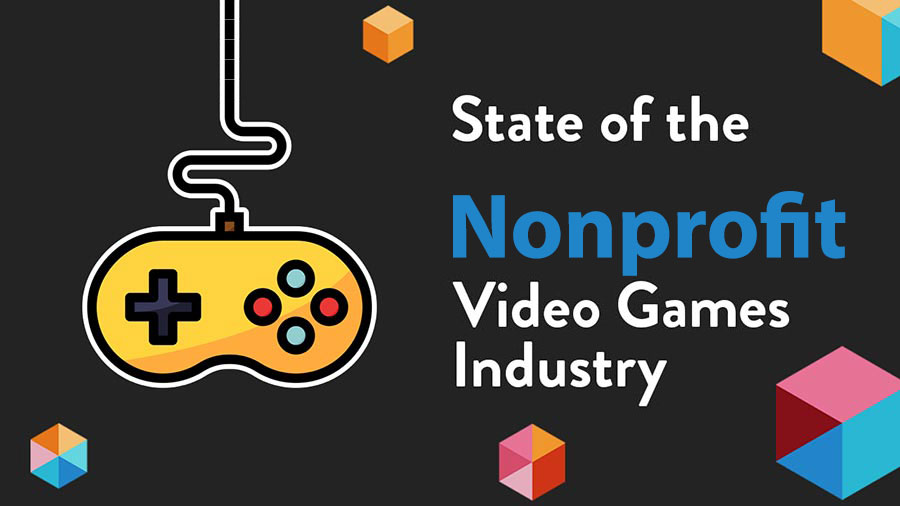
One of the organizations I’ve followed for many years now is the IGDA Foundation (IGDA for short), which has been doing amazing work to support groups in need. They do this through mentor programs and career-building initiatives, attending events like GDC (Game Developers Conference) to be at locations you are already at, and more. When I was just starting out in the industry, I can’t tell you how important it was to have access to the kind of resources they provide. I even joined the IGDA for several years as chair of their Community Management SIG to give something back.
“Game developers need community now more than ever,” said Dr. Jakin Vela, Executive Director of the IGDA. “In a time of industry volatility, game developers rely on solidarity among one another.”
Another nonprofit that stands out is Take This, which focuses on mental health in gaming. Take This has been breaking down the stigma surrounding mental health. Mental health support is so crucial, especially in an industry like ours where stress and burnout can often feel like a constant battle on the developer side with peer pressure and competitive issues on the player side. It’s great how Take This creates safe spaces for developers to talk about their struggles, and their panels at events like PAX (Penny Arcade Expo) have been a huge step forward in making mental health a more open and important conversation in gaming.
Keep in mind that these organizations aren’t just supporting individual developers—they’re influencing the direction of the entire industry. The work they do is not just about donating to a charity event or supporting nonprofits in other ‘typical’ ways, they’re also about creating real, sustainable change for the betterment of our industry.
Nonprofits at Industry Events: Fostering Growth and Connection
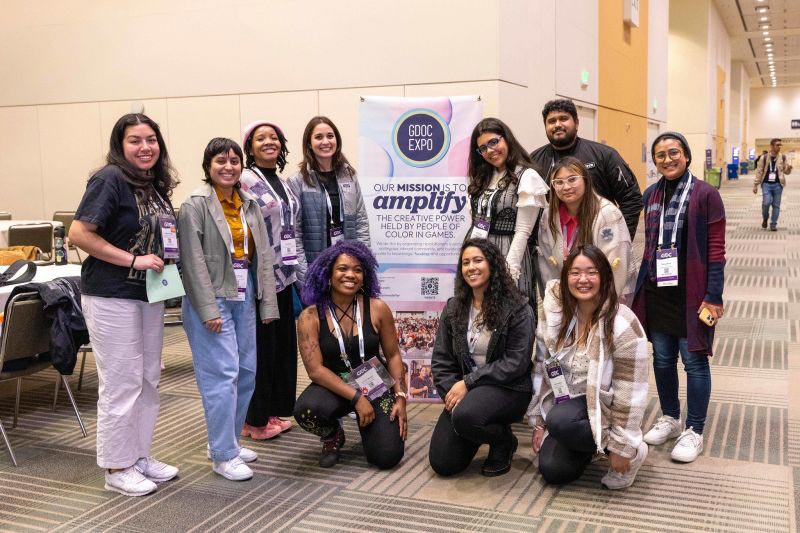 Source: GameDevsofColor.com
Source: GameDevsofColor.com
All of these events, every single one listed in our calendar, in fact, are essential for the growth of the gaming industry. They bring together developers, players, and other industry professionals, creating opportunities for learning, networking, and collaboration. But beyond all front-facing elements you see at them, nonprofits are often at the heart of these events, doing crucial work that helps foster innovation and inclusivity in the industry.
I’ve seen firsthand how nonprofits like Take This and the IGDA Foundation create safe spaces for attendees to talk about mental health, diversity, and career opportunities. At conventions, they host panels, workshops, and community-building activities that are not only educational but also genuinely supportive. These events provide a platform for individuals to learn about critical issues, connect with others facing similar challenges, and access resources that can advance their careers.
Nonprofits help level the playing field. While big companies can afford extravagant booths and flashy presentations, smaller devs and marginalized voices might not have the same resources (and perhaps don’t want such an outlandish presentation anyway). This is where nonprofits can step in as they provide opportunities for all voices to be heard – especially the individual contributor.
Game Devs of Color Expo does phenomenal work promoting diversity and inclusivity through their annual event (which we have listed right here for 2025). As someone who believes deeply in the importance of representation in games, I love how this organization creates a platform for developers of color to showcase their work and make their voices heard. Their mission to make the industry more welcoming for everyone is a quality I wish more events and organizations focused on.
For me, attending events hosted or supported by nonprofits has been one of the best ways to find support, learn new skills, and make meaningful connections. It’s not just about showing up—it’s about participating, learning, and pushing the conversation forward. Nonprofits at these events help make the industry feel more like a community than a business, and that’s something I’ve personally found to be incredibly rewarding.
Supporting Nonprofits is Crucial
 Source: TeamWork.com
Source: TeamWork.com
Supporting these organizations also helps make the game industry a more fun space to be involved in. Nonprofits provide that safe and low cost space where new members to the industry can gather and discuss all the exciting new games and technology being developed. They offer the support that allows people from all backgrounds to succeed, whether that’s financial support for indie developers or creating spaces where people can talk about their mental health challenges.
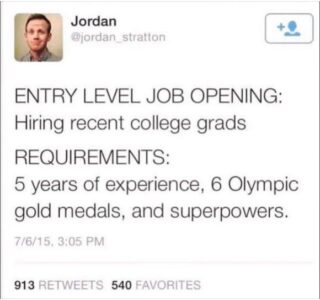
These challenging times has proven a roadblock for many new folks entering the industry. For instance, I’ve seen “entry level” job postings requiring 2-4 years of experience. Hiring managers… “entry level” means “suitable for a beginner or first-time starter”, otherwise call it something else. Don’t waste the poor young generation’s hopes and dreams on a falsehood. If you strongly want but do not require 2-4 years of experience, then post the mention in a Preferred category of the job description.
For those of us just starting out or looking to move our careers forward, nonprofits can be a critical resource. Please support and donate (if not through your wallet, donate your time) to as many of them as you can. Many of these organizations offer mentorship programs, job placement resources, and career coaches—things that can make a real difference when you’re trying to break into the industry. They open doors to career-building opportunities that would be hard to find elsewhere, especially when job opportunities seem scarce or misleading after you’ve been ghosted over and over again.
How Individuals Can Get Involved
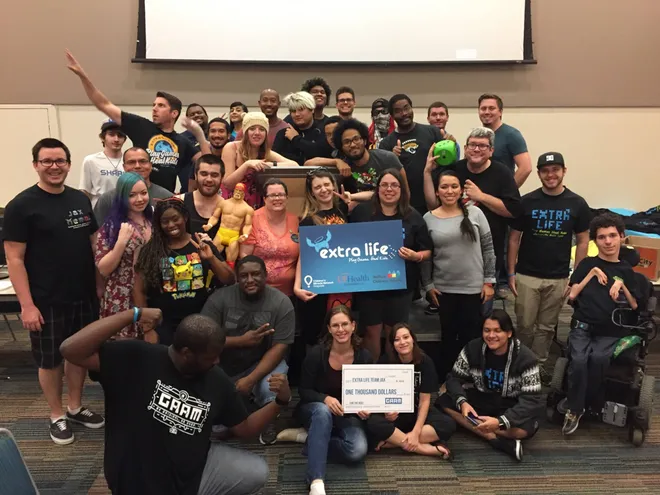
– AbleGamers
– AnyKey
– BroadcastHER Initiative
– Child’s Play Charity
– Everyone Can
– Extra Life
– Gamers Outreach
– Games Aid
– Games For Change
– Gay Gaming Pros
– Get Well Gamers
– Girls Make Games
– IGDA Foundation
– LAN Fest
– National Videogame Museum
– Outright International
– PlanetPlay
– Qweerty Gamers
– Safe in Our World
– SpecialEffect
– St. Jude PLAY LIVE
– Take This
– The ESA
– The Trevor Project
– Video Game Clubs of America (VGCUSA)
– Video Game Palooza
– War Child UK
Game industry supportive nonprofits from other industries includes Ronald McDonald House Charities, Stack Up, Make-a-Wish, and many others.
The simplest ways to support them with minimal commitment is to:
1. Donate: Whether it’s $5 or $500, donations go a long way in supporting the programs and initiatives these organizations offer. A small donation can help fund scholarships, mental health resources, and career development opportunities for aspiring game developers. Every little bit helps.
2. Volunteer: If you’ve got the time and skills, nonprofits are always looking for volunteers. Whether it’s helping out at events, providing mentorship, or offering your expertise, volunteering can be a great way to give back. Especially if you’re an artist, writer, developer, or designer, your skills are valuable to these organizations.
3. Spread the Word: Not everyone knows about the amazing work these nonprofits are doing. Help raise awareness by sharing their posts, talking about them on social media, or even mentioning them at industry events. Sometimes the best thing you can do is make sure others know they exist.
4. Collaborate: If you’re a developer or in some way part of a studio, think about collaborating with a nonprofit. Whether it’s helping with a community event, providing a platform for underrepresented voices, or offering financial support, collaboration can help nonprofits expand their reach and make a bigger impact.
Or just tell others about these nonprofits. I’ve been part of so many discussions about the state of the game industry, but too few that ever mention a nonprofit – even the mention of IGDA.org itself is sometimes surprisingly lacking. I’m still not sure why nonprofits aren’t lifted up as much as they should be, but I am writing this article precisely to try and change that perception once and for all.
The next time you attend any event, take a look around the show floor, from the speaker lineup to the booth spaces, and I bet you’ll find one or two nonprofits looking to be noticed. Don’t walk past them and instead stop and say hello. That’s where doors can open for you and for many others.
Editor: Mathew Anderson, Founder and Editor-in-Chief of Events for Gamers, Community Manager for the computer game industry (KingsIsle, Portalarium, Petroglyph), and Public Relations Manager and Communication Specialist for various other industries.

